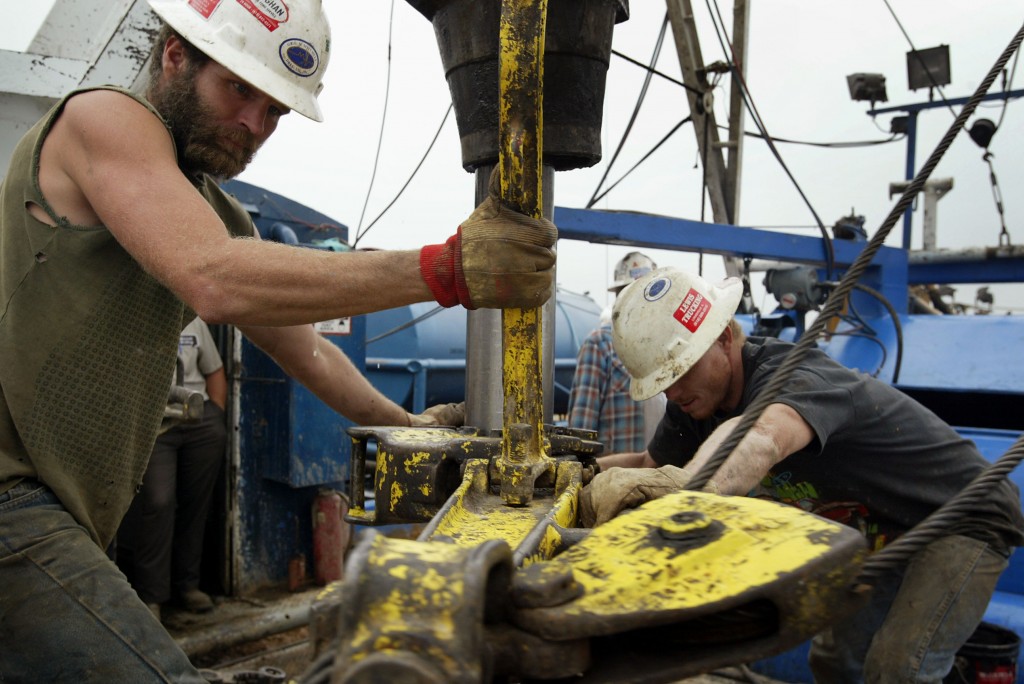With the presidential primary season winding down talk has already shifted to how parties may work together under various scenarios, such as this piece from the Washington Post. Unsurprisingly infrastructure made the list of five issues ripe for a deal.
“Another long-standing goal for centrists in both parties has been a major federal investment in highways, railroads, ports, water systems and other physical infrastructure.”
There is broad, bipartisan support for repairing and expanding our infrastructure, and there are certainly plenty of projects in need of federal involvement, but adequate government funding is not the only problem facing infrastructure in America, politicians also need to address the inadequacies of government approval for infrastructure projects. As the Wall Street Journal noted last week:
“Overall, more than a dozen projects, worth about $33 billion, have been either rejected by regulators or withdrawn by developers since 2012, with billions more tied up in projects still in regulatory limbo.”
Many of these projects have been rejected for ideological reasons, and they have consequences:
“The trend leaves some communities without access to lower-cost fuel and higher-paying jobs…Residential consumers in New York and New England paid between 5% and 41% more than the national average for natural gas in March, the latest month for which data were available. They also paid more for electricity, which itself is increasingly made with natural gas.”
Going back to the Post article on areas for compromise, poverty was issue number one, and there is indeed a bipartisan recognition that not all is well.
From the Clinton campaign website:
“Too many families are working harder and harder, but still not getting ahead. Our country is standing again, but we’re not yet running the way we should be.”
“Our country is all about striving, but too many of our people are stuck.”
Our energy renaissance of the past decade has created a tremendous opportunity for America. In fact, for 2015, AAA estimates that the American consumer saved, on average $550 in transportation costs alone, and IHS estimates that U.S. disposable household income was $1337 higher because of lower home energy costs and other savings brought about by this renaissance. Private, and public, infrastructure investments will help ensure that everyone can benefit even further – but only if politics get out of the way of progress.
A few weeks ago Sean McGarvey, president of North America’s Building Trades Unions, noted the connection between private investment and addressing inequality, poverty, and the need for public investment.
“You listen to folks who are interested in public policy talk about wage inequity and middle class shrinkage. Let’s identify the industries that pay at the top end of the curve and that happens to be the gas and oil industry and the petrochemical industry. So let’s unleash that. Let’s create those middle class jobs and let’s let that free flow of private capital go into building out the nation’s infrastructure, energy infrastructure, which will in turn create more tax dollars which would enhance our ability to build our public infrastructure.”
McGarvey was confident that:
“…the next Congress and the next president of the United States … can come up with a doable, fundable plan that really moves our infrastructure in a big way that we probably haven’t seen maybe since the 50s and 60s when it comes to private infrastructure. It’s got to be done.”
This takes us full circle to the Wall Street Journal look at infrastructure and a reflection on a project hampered by federal permitting:
“The only thing there for the indefinite future will be what has existed for decades: a rusted, dilapidated conveyor belt for cement used to build Interstate-5, the main West Coast highway constructed in the 1950s”
There is an ideological push to keep us stuck in the past, but it’s time to shake off the rust, and get moving. It’s time to build.
By Sabrina Fang
Originally posted June 7, 2016
Energy Tomorrow is brought to you by the American Petroleum Institute (API), which is the only national trade association that represents all aspects of America’s oil and natural gas industry. Our more than 500 corporate members, from the largest major oil company to the smallest of independents, come from all segments of the industry. They are producers, refiners, suppliers, pipeline operators and marine transporters, as well as service and supply companies that support all segments of the industry.

